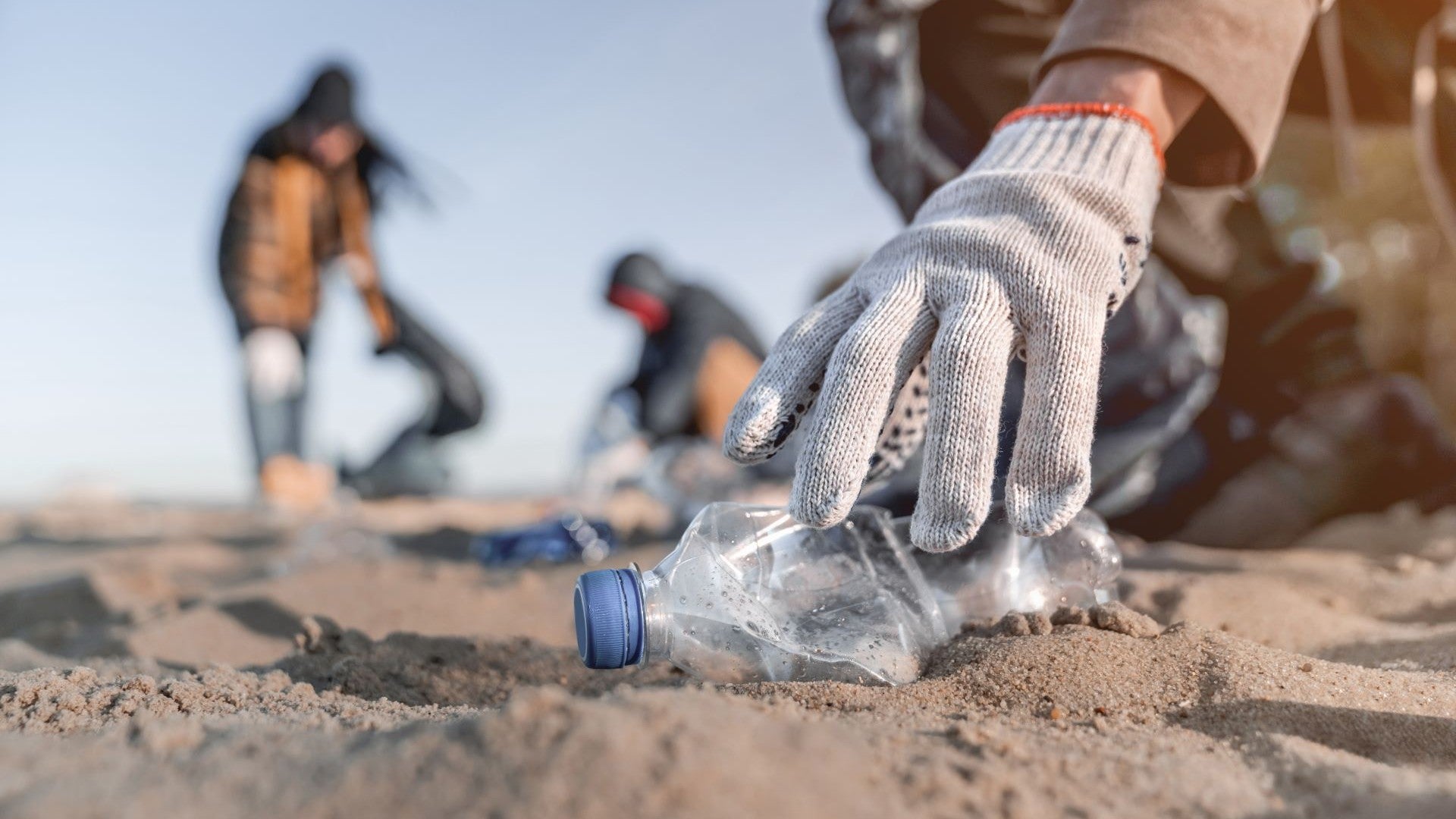
In response to the escalating concerns over plastic pollution and a growing consumer push for eco-friendly practices, businesses are joining forces to revolutionise their packaging strategies.
While the industry acknowledges the need for change, existing assessment methods fall short of providing a comprehensive view.
Recognising this, a collaborative effort is underway across the value chain to create a holistic environmental assessment guide for packaging sustainability.
The plastic predicament: a call for change
Approximately 40% of the world’s plastic production finds its way into packaging, costing the environment a staggering $40bn, as estimated by the United Nations Environment Programme (UNEP).
This figure is just the tip of the iceberg, with projections indicating a surge in these costs. The traditional linear approach to packaging is no longer sustainable, necessitating a paradigm shift.
However, a lack of consensus on how to assess alternative packaging materials hampers progress, hindering companies from making informed decisions to embrace circular and sustainable solutions.
The negative impacts of plastic packaging are multifaceted, affecting ecosystems, wildlife, and human health. The urgency to address this issue is underscored by the alarming statistics, as well as the increasing awareness and concern among consumers.
Businesses, recognising the imperative for change, are now actively seeking solutions that not only reduce their environmental footprint but also align with the expectations of an eco-conscious market.
Building the future: the business case for a comprehensive framework
In the pursuit of sustainable packaging, a unified framework for environmental assessment emerges as a critical component. This framework not only shapes the trajectory of circular packaging but also contributes to long-term business value creation.
The key lies in pinpointing areas where companies can concentrate their efforts to genuinely reduce the environmental impact of their packaging.
A holistic assessment approach becomes the cornerstone, ensuring that decisions made today don’t inadvertently birth new environmental challenges in the future.
The business case for sustainability is not just a moral imperative but a strategic necessity. Beyond meeting consumer expectations and regulatory requirements, companies that embrace sustainable practices are better positioned for resilience in a rapidly changing business landscape.
The comprehensive framework being developed in the Packaging Sustainability Assessment workstream is envisioned as a roadmap for businesses to navigate these complexities.
Cracking the code: a unified framework for environmental assessment
The answer to the current packaging conundrum lies in a consolidated and comprehensive framework. By bringing all facets of environmental packaging sustainability under one umbrella, this framework establishes a shared language for companies.
This common ground empowers companies in their decision-making processes, guiding them in choosing packaging materials or delivery systems aligned with their sustainability strategies.
The framework not only informs immediate actions but also allows for ongoing monitoring of performance and progress over time.
In essence, this collaborative initiative aims to bridge the gap in current methodologies, providing a roadmap for businesses to navigate the intricate landscape of packaging sustainability.
As plastic pollution concerns continue to mount, the need for a cohesive and effective strategy is more pressing than ever. This unified framework not only streamlines the decision-making process for businesses but also fosters a collective commitment to mitigating the environmental impact of packaging.
As companies across the value chain come together in this endeavour, the Packaging Sustainability Assessment workstream stands as a beacon of hope.
It signifies a shared commitment to building a more sustainable future—one where packaging not only protects products but also safeguards the planet.
Through this collaborative effort, the industry aims to not only meet the demands of the present but also pave the way for a greener, more environmentally conscious tomorrow.
The bottom line
The Packaging Sustainability Assessment workstream is a testament to the industry’s acknowledgment of the urgent need for change.
The collaboration among companies, guided by a common framework, exemplifies a commitment to tackling plastic pollution and advancing sustainable packaging practices.
As this initiative unfolds, it not only promises a brighter future for the environment but also sets a precedent for industries worldwide to unite in the pursuit of a more sustainable and responsible future.




